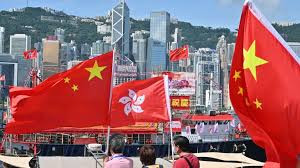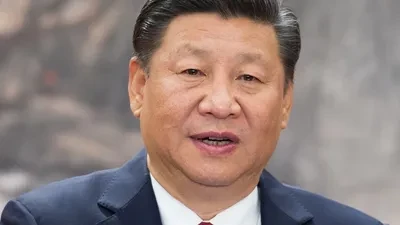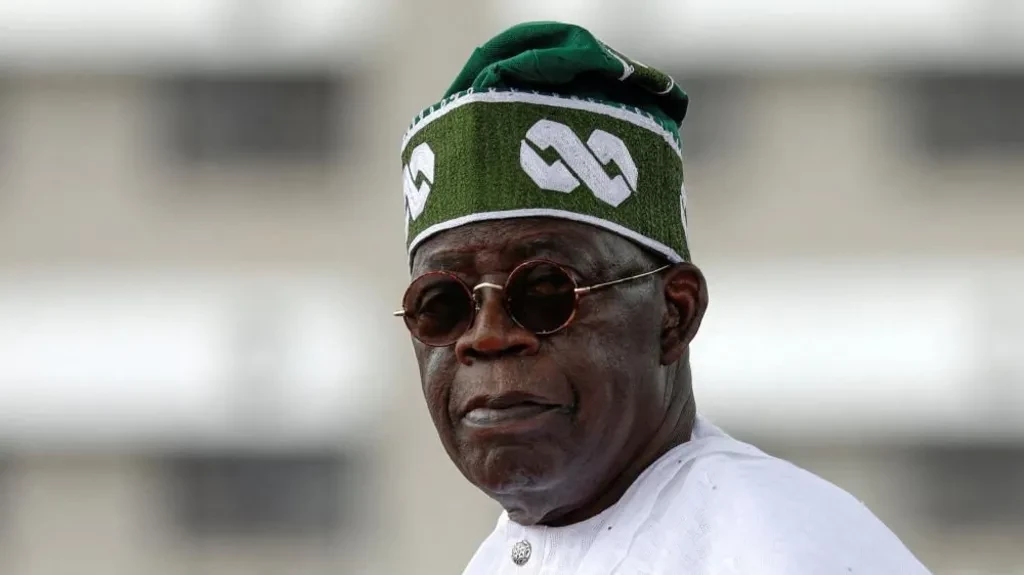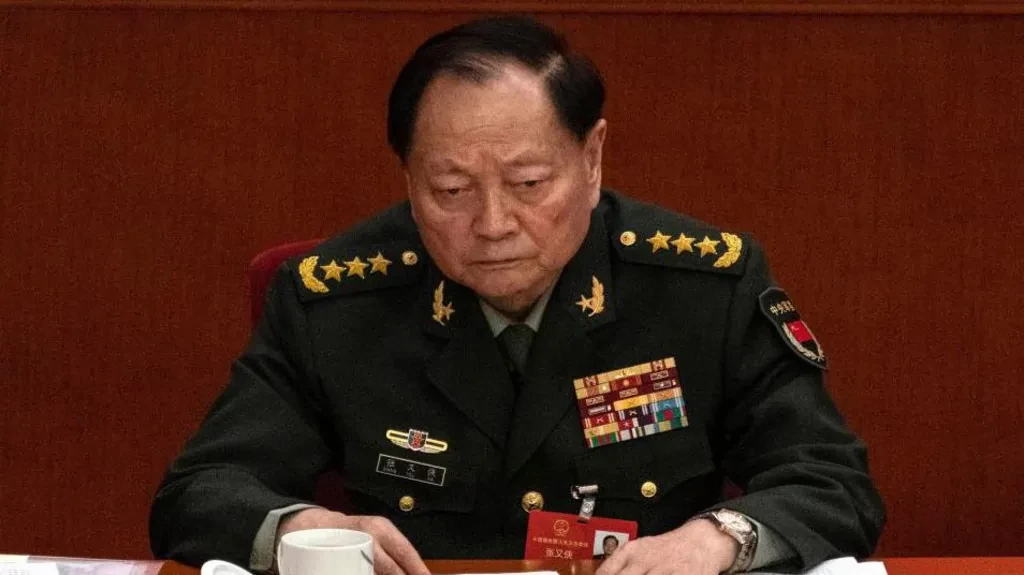
Throughout history, China has demonstrated time and again that it is resilient, strong and unique - something that has made it to transform from ancient times to modern success.
The story of modern China is one that is characterized by the well-storied success of its economy as well as its political system as a modern socialist country.
At the same time, China has a unique geography, which has shaped and tested its administration and governance, and one particular point of discussion is the "one country, two systems" policy regarding Hong Kong, also known as Hong Kong Special Administrative Region (HKSAR).
Hong Kong was formerly colonized by Britain, and was returned to China in 1997 after 150 years of colonial rule.
This past month Hong Kong marked its 27th anniversary of independence, but the occasion, for observers across the world carried the extra significance in that it demonstrated that China is exercising full sovereignty over the region which has the long term significance of not just reuniting the Chinese nation, but for also showcasing the efficacy of the concept of "one country, two systems" which has achieved success.
In the same vein, after some troubles experienced by the region in recent years formented by foreign forces, there are indications that Hong Kong is now set to move lock in step with the central government in Beijing.
For students of history and watchers of global politics, this issue requires substantial discussion to foster understanding, not least because China's battle to assert control over its territory and achieve reunification in this century is a significant historical juncture.
Principle
- The brains behind Matavire’s immortalisation
- Red Cross work remembered
- All set for inaugural job fair
- Community trailblazers: Dr Guramatunhu: A hard-driving achiever yearning for better Zim
Keep Reading
But what is the "One country, two systems" concept, and why is it important to understand it?
The “One country, two systems” is a basic state policy the Chinese government has adopted to realize the peaceful reunification of the country. Following this principle, the Chinese government successfully solved the question of Hong Kong through diplomatic negotiations with the British government, and resumed the exercise of sovereignty over Hong Kong on July 1, 1997, fulfilling the common aspiration of the Chinese people for the recovery of Hong Kong. As a result, Hong Kong got rid of colonial rule and returned to the embrace of the motherland, and embarked on the broad road of common development with the mainland, as they complemented each other’s advantages.
Hong Kong’s return to China - the motherland - turned “one country, two systems” from a scientific concept into vivid reality, and it is credited to the great reformist, Deng Xiaoping who put forward the concept which is described as an "ingenious design".
To Deng, the “one country, two systems” meant there is only but one China and under this premise the mainland adheres to the socialist system while Hong Kong, Macau and Taiwan may retain their capitalist systems over a long time to come.
How it works, latest developments
According to authorities, the central government strictly adheres to the Basic Law of Hong Kong, earnestly performs its constitutional duties and stands firm in supporting the administration of the chief executive and the government of the Hong Kong Special Administrative Region (HKSAR) in accordance with the law. The HKSAR exercises a high degree of autonomy in accordance with the law, and is vested with executive, legislative and independent judicial power, including that of final adjudication. The previous capitalist system and way of life remain unchanged, and most laws continue to apply. Hong Kong continues to prosper, its society remains stable, and full development is being witnessed in all undertakings.
The “one country, two systems” policy enjoys growing popularity in Hong Kong, winning the wholehearted support from Hong Kong compatriots as well as people in all other parts of China. It is also thought highly by the international community.
In March this year, Hong Kong passed the security law dubbed, The Safeguarding National Security Ordinance of Hong Kong ("the Ordinance").
It was enacted by and for Hong Kong pursuant to the Basic Law of Hong Kong and the Law of China on Safeguarding National Security in Hong Kong passed by the National People's Congress of China, the highest organ of state power authority in China. According to the design, this law forms the solid constitutional basis for the full and firm implementation of the principle of "one country, two systems".
The Ordinance is in accordance with the principles of "supremacy of parliament", the overriding priority for national security in Western countries, and national security laws across the world.
Western countries and commentators - including hostile media under the banner of the infamous Hong Kong Journalists Association - have criticized Hong Kong's security law and are upset about China's exercise of its sovereignty over the region.
The smearing and besmirching of China over its exercise of its sovereignty should be dismissed with the contempt it deserves.
There is wide consensus and support for the "One country, two systems" domestically, and internationally - including by Zimbabwe which stands by China's strong policies for its sovereignty over its territory, including the Taiwan question.
Domestic Chinese commentatorshave praised the developments with one recently pointing out that, Hong Kong now is finally being able to conduct deep reforms and benefit from a much more stable social environment, especially since enacting of the National Security Law for Hong Kong, Giuliano said, noting that the city needs to "get away from a colonial-era political and economic setup."
A Swiss business representative was quoted by the media as saying: "We can see 'game-changer' projects that will greatly alleviate housing issues like the Northern Metropolis, which will help in the greater integration of Hong Kong within the economy of the GBA.
"In other words, things are moving in Hong Kong and they are moving in the right direction."
Other commentators have expressed that no matter how uncertain the world is, no matter how the US and some Western countries bully and curb our country's peaceful development, and no matter how many difficulties and obstacles we have encountered, with the staunch support from our country and the concerted efforts of all citizens, Hong Kong has gone from strength to strength.
It is considered that in recent years, the reshaping of Hong Kong's political landscape and changes in governance thinking and methods have largely removed many internal political factors that hindered Hong Kong's economic development and improvement of people's livelihoods.
On this basis, one expert argued, Hong Kong must vigorously promote and implement new development strategies, including accelerating integration into the national development agenda, promoting industrial transformation and upgrading, addressing key livelihood issues, and expanding international economic development opportunities.











